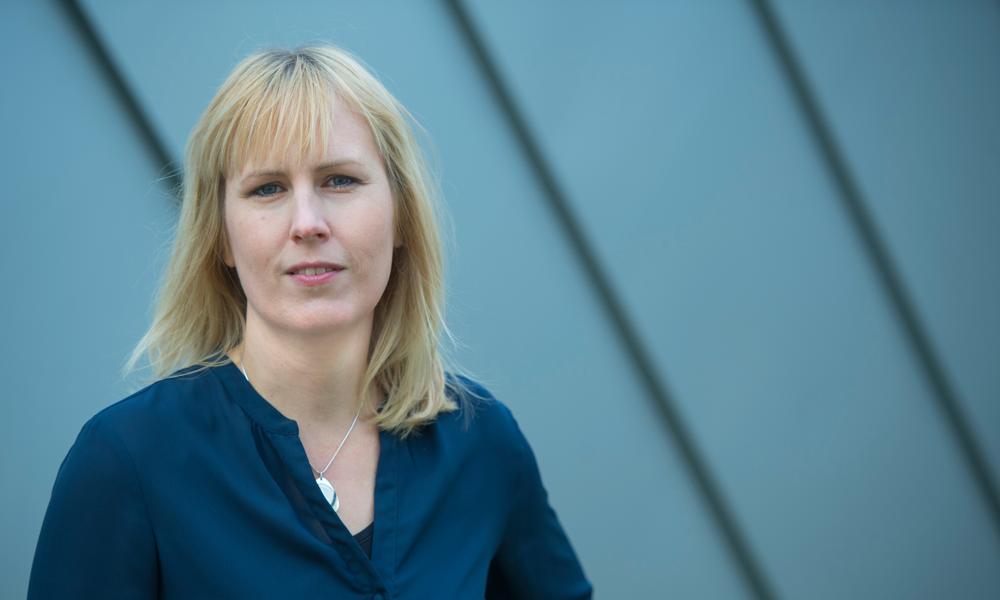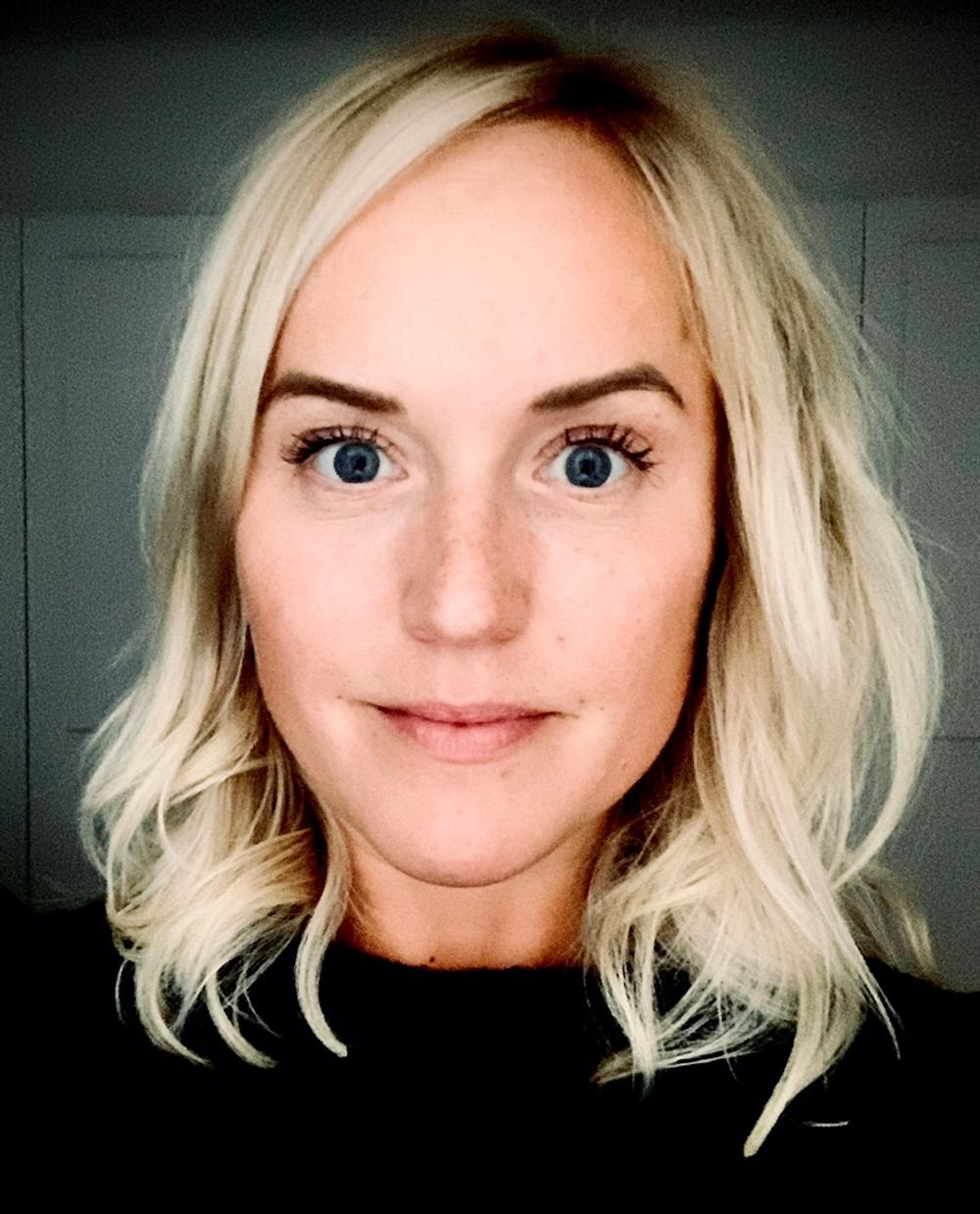“An entire industry is about to be wiped out”
On 26 May last year, new medical technology regulations for in vitro diagnostics in the EU (IVDR) were introduced. The regulations apply to all instruments and materials used for diagnostics from samples taken from humans, for example, home tests for Covid-19 or analysis tools used to establish a diagnosis in cancer.
When the regulations were introduced, Life Science Sweden reported that there is not one single institute in the entire Nordic region that can certify products in accordance with these regulations.
The Nordic region still lacks notified bodies that can certify them, and now Jennie Ekbeck at Umeå Biotech Incubator is warning that this may have serious consequences.
“If no measures are taken, there won’t be any small diagnostic companies left in Sweden in 5 years,” she writes on LinkedIn, and she further writes that the lack of notified bodies “may lead to all small companies´ products being bought up by the big corporations, and an entire industry in Sweden may be wiped out in five years.”
“Here in Umeå, a handful of companies work with in vitro diagnostics, and in Sweden in general, there are quite a few companies in this field,” says Jennie Ekbeck to Life Science Sweden.
She points out that particularly small companies are having difficult times.
“Notified bodies are prone to help large companies rather than small ones. Most Swedish diagnostic companies are small, and if they disappear, we will hardly have any companies working with in vitro diagnostics left in Sweden.”
In total, there are only nine notified bodies in the EU, and with the large number of companies working with diagnostics in the EU, the queues are consequently long when companies want to have their products certified.
Therese Hazelius, CEO of the industry organisation Swedish Labtech, disagrees with Jennie Ekbeck that the entire industry is now at risk of being wiped out, although she believes that it is a critical situation, and she shares Jennie Ekbeck’s view that it is tougher for small companies than for large ones.
“The large companies have established channels to the notified bodies, and from what I see, notified bodies seem to prioritise larger players. They may find it easier to deal with large customers with many products rather than small companies with one product that needs approval.
Jennie Ekbeck would like the Swedish government, as the country holding the presidency of the EU, to work to increase the number of certified notified bodies for IVDR in Europe. She also believes that the government should work to ensure the presence of at least one notified body in Sweden, focusing solely on certification of the Swedish small diagnostic companies.
“It would strengthen Swedish competitiveness,” she says.
Therese Hazelius agrees that having a notified body in Sweden would be beneficial, and she is convinced that it will come sooner or later. However, she emphasises that it will take time, among other things, because the industry needs to build up competence.
Life Science Sweden asked the Swedish Medicines Agency whether there are any applications to start notified bodies that can certify according to the IVDR in Sweden but received no comments due to confidentiality reasons. Life Science Sweden is also trying to get a comment from the Ministry of Social Affairs.
Facts about the EU’s new regulatory framework for in vitro diagnostics IVDR
IVDR stands for In Vitro Diagnostic Medical Device Regulation and is the new regulatory framework for in vitro diagnostics in the EU.
In vitro diagnostics involves samples taken from the human body and analysed outside the body, such as a blood or tissue sample.
On 26 May 2022, the new regulations entered into force throughout the EU. Products that are not certified can be used during a transition period (until May 2027).
Source: Life Science Sweden
Artikeln är en del av vårt tema om News in English.

 Av
Av 
